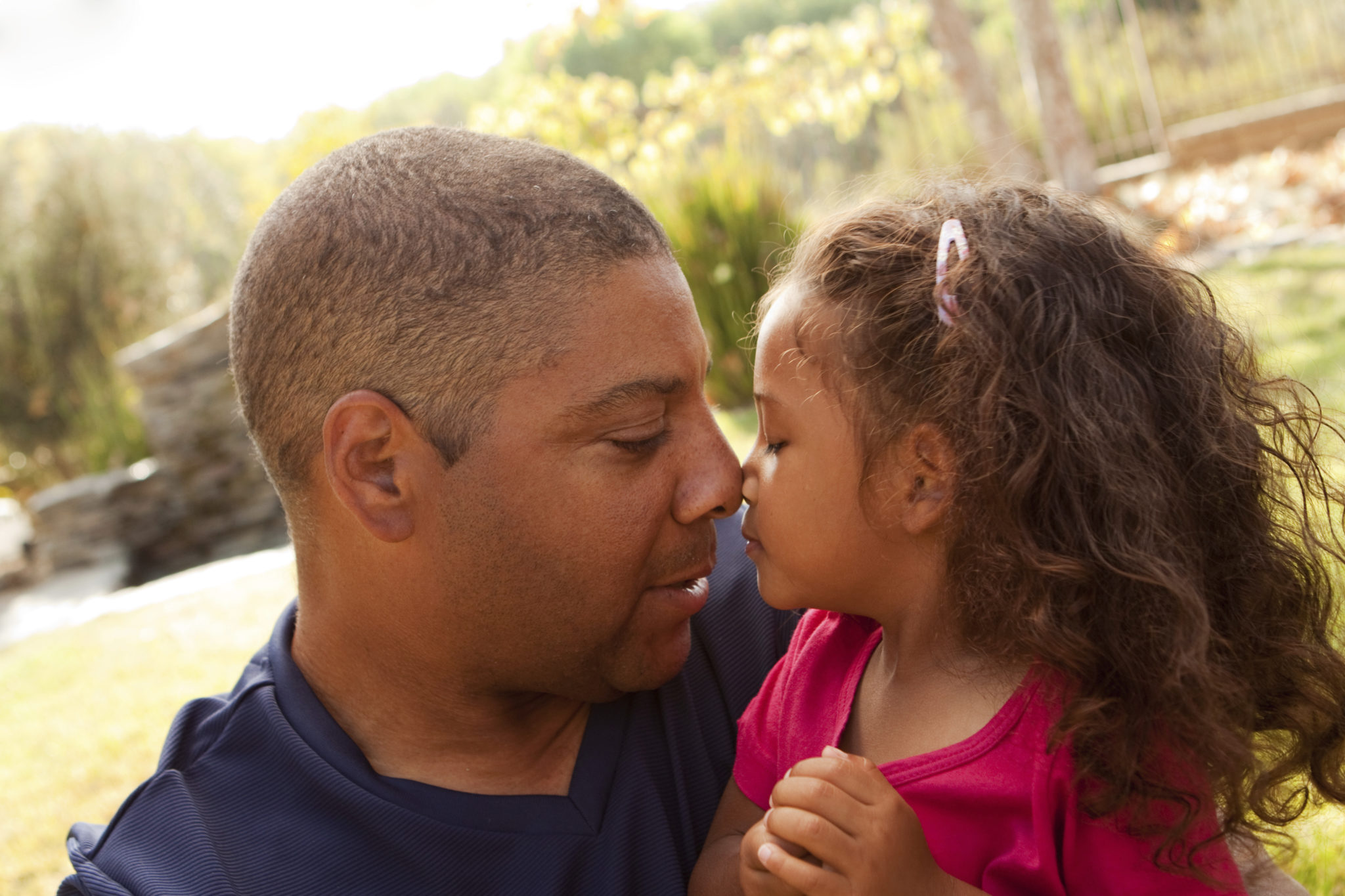
The first time I ever taught incarcerated dads with our Fathering from the Inside curriculum, I was talking to them about the skills they need in order to be good fathers. I told them that although setting limits and being an authoritative parent is important, it is also important to look at the world from your child’s point of view. This demonstrates a capacity for empathy, the ability to understand the world from another’s point of view. Most of the men have an authoritarian frame of reference; they think much more in terms of punishment and authority than they do empathy and understanding.
One guy, Darius*, who happened to be in jail for life for murder, said “I don’t know what you’re talking about because, you know, kids sometimes just don’t listen and they have to be made to listen.”
I replied, “Well sometimes that is true, but do you have a personal story about that?”
Darius said “When my daughter was five, I was giving her lunch. I gave her cookies at the end of the meal, which she liked, and she came back to me and asked me for another cookie. I gave it to her. She went in the other room where our dog was, and she came back without the cookie and I knew that she had given it to the dog. So I said to her, when she asked me for another cookie, ‘Ok, but I don’t want you to give this to the dog.’ She took the cookie, and sure enough walked into the other room and gave the dog a second cookie. So I got angry at her and punished her, because she didn’t listen to me.”
“I got angry at her and punished her, because she didn’t listen to me.”
I said to Darius, “Well let me tell that story in a way that will give different meaning to your daughter’s behavior. You had just given her lunch; you had nurtured her, you had fed her, you had taken care of her, and that felt good to her. She immediately wanted to be like you. She wanted to be the parent or friend who gives to somebody else. She wanted to nurture. She wanted to develop qualities that she felt you have. This is called identification and these are qualities that you want her to have, don’t you?”
“Yes.”
“Well, what you saw was the process of her developing the generous quality that you have. She was becoming the good part of you, that wants to help, wants to take care of, wants to nurture. Yes, she didn’t listen to you, but this is an instance where, if you understand what she’s doing, the fact that she didn’t listen to you becomes a little less important and the positive aspects become much more important. Another way to handle this situation would have been to tell her that she is not allowed to give cookies to the dog, but that you have dog biscuits she can use. She would have been just as happy, because all she was interested in was being a person that had given to someone else like you had done to her.”
“Yes, she didn’t listen to you, but this is an instance where, if you understand what she’s doing, the fact that she didn’t listen to you becomes a little less important and the positive aspects become much more important.”
Important fathering skills that dads learn in our programs are empathy and understanding. When dads are able to see things from their child’s point of view, it can shine new light on difficult situations and enable them to approach parenting in a new, healthier way.
*Names have been changed
TFP’s Father Story series presents personal stories from the front-lines of fatherhood. Individual fathers and the professionals who work with them describe their experiences, and help us learn about the joys, difficulties and requirements of the work of fatherhood. If you have a story to share, contact us.


